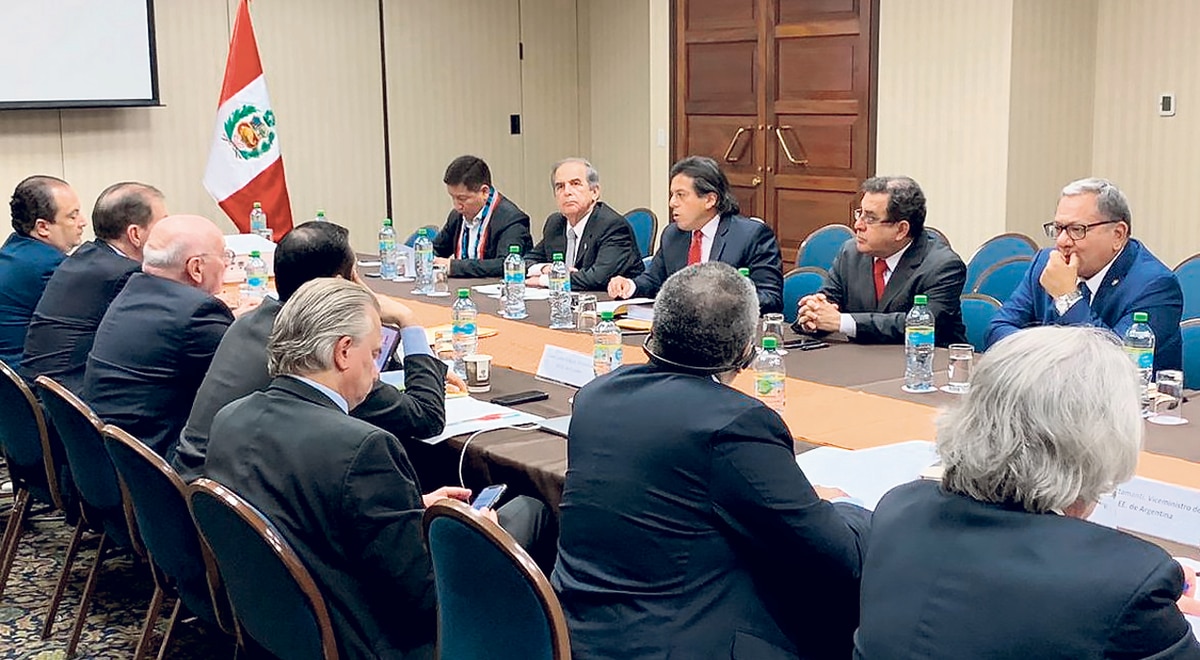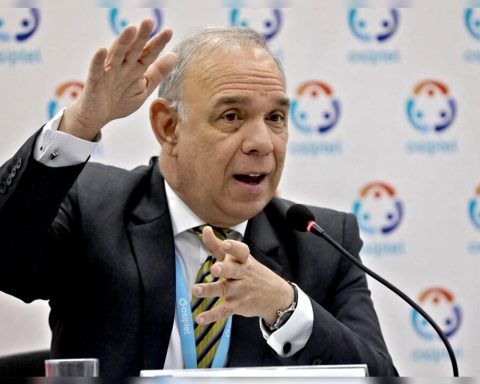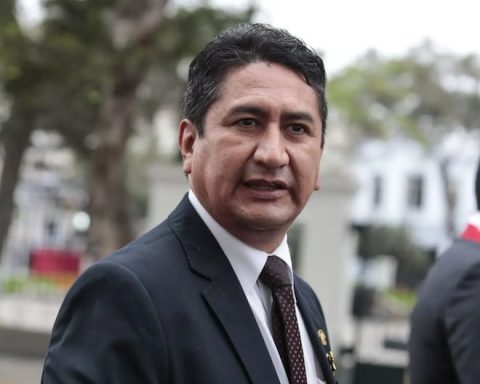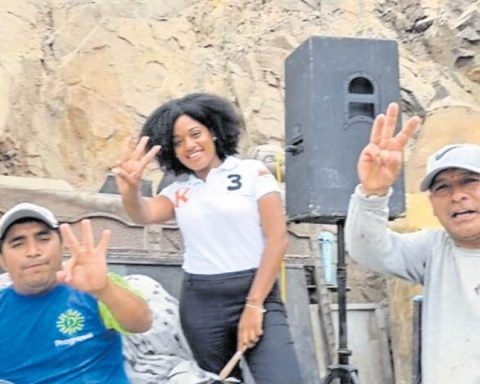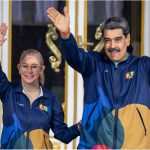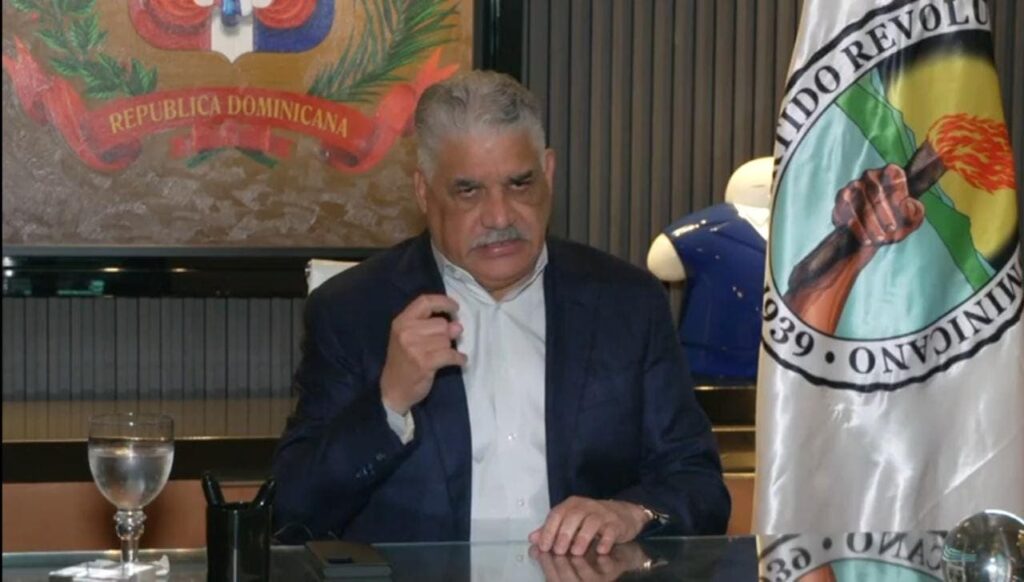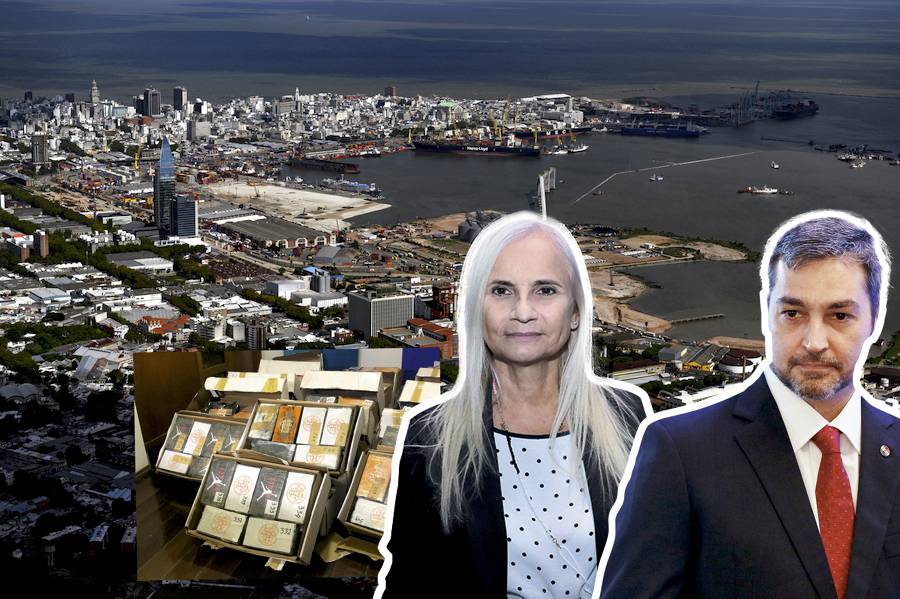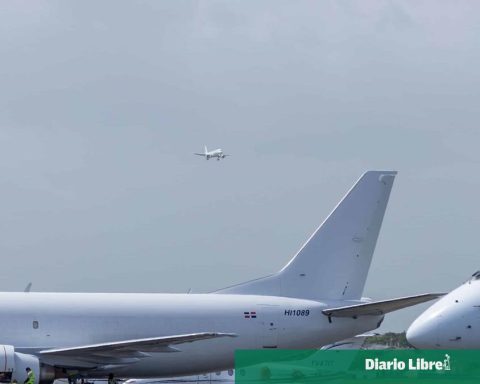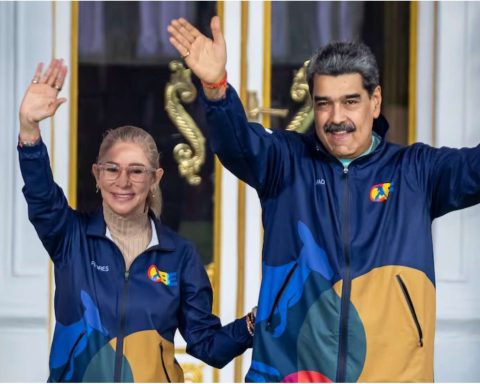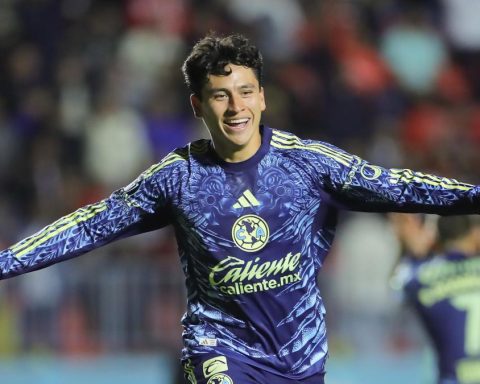On its second day of official activities, the mission of the Organization of American States (OAS) met with congressmen from the opposition benches, the Ombudsman, unions, journalistic unions, representatives of civil society and the Peruvian Episcopal Conference, listening to the position of almost all the political actors in the country.
First thing in the morning (8:00 a.m.), the group of diplomats received the legislators at a hotel in San Isidro of Popular Force; an hour later Alianza para el Progreso; at 10 am he met with the bench of Renovación Popular, Somos Perú and at noon with Avanza País.
Among the congressmen who were present Carlos Anderson, Guido Bellido, Roberto Chiabra, Edgar Málaga, Jorge Montoya, Patricia Juárez, Hernando Guerra García, Gladyz Echaíz, Adriana Tudela, Eduardo Salhuana, among others, can be cited.
with the congressmen
Parliamentarian Eduardo Salhuana (APP) said that the members of the OAS mission asked them if the opposition had promoted any dialogue and “we informed them that the president of the Judiciary, Elvia Barrios, requested that the Council of State be convenedbut the Executive did not take that request into account.”
After the meeting with the members of the OAS missionCongresswoman Patricia Juárez (Popular Force) maintained that they rejected the version of the Executive in the sense that the opposition is a coup.
“It has been a very important meeting, we conveyed what we wanted to say clearly and objectively. We have ruled out any possibility of being classified as coup plotters and have given the reasons for the actions of the Fuerza Popular bench. They have asked us and we have answered frankly and provided information that they are going to verify and corroborate, about the takeover of the State. We have asked for absolute impartiality, and that is the commitment of the foreign ministers that make up the mission, ”he declared.
Congresswoman Adriana Tudela (Avanza País) argued that The OAS delegation must analyze whether there is a coup underway and whether the constitutional order in Peru is being respected. “We have conveyed that the only thing Congress is doing is exercising its constitutional role, which is to be a counterweight and oversight against the Executive,” he declared upon leaving the meeting.
He added that the fact that the government intends to classify this as a coup in progress speaks volumes about the mandate’s democratic credentials. “Congress, neither the Public Ministry, nor the Comptroller’s Office, nor the Ombudsman’s Office, nor any other autonomous institution are plotting to carry out a coup d’état.; while the Government of Pedro Castillo has had a series of acts and attacks on democratic institutions ”, he added.
The Popular Force congressman Nano Guerra Garcia He pointed out through his social networks that during his meeting with the OAS High Level Group he told the members of the mission that they had “been surprised” and that in Parliament “there is no coup.”
Parliamentarian Jorge Montoya, after insisting that the meeting should have been held in Congress, considered that the dialogue was positive and reported that his bench delivered a document to the High Level Group on the “legal and political reality”.
Congressman Alejandro Soto indicated that he expects an “impartial report” from the OAS, while Lady Camones indicated that the High Level Group asked about the constitutional complaints that are seen in the Subcommittee on Constitutional Accusations against President Pedro Castillo.
extensive dialogue
In the afternoon, the delegation of the Organization of American States received the acting Ombudsman, Eliana Revollar; electoral bodies (JNE, ONPE, Reniec) and the Peruvian Episcopal Conference, chaired by Monsignor Miguel Cabrejos Vidarte. The last meeting was with the representatives of the National Radio and Television Society and the Peruvian Press Council.
After meeting with the OAS mission, Monsignor Cabrejos said that “We have been able to appreciate the great listening capacity of the foreign ministers. There is this intention to collaborate and help to achieve good in Peru”.
Cabrejos said that once the OAS delivers its recommendations, all sectors have to talk and give up their positions to get out of the crisis. The Archbishop of Lima, Carlos Castillo, was present at the meeting.
The leaders of the Sutep, CGTP and the National Assembly also spoke with the OAS High Level Group. In this regard, the general secretary of Sutep, Lucio Castro, stated that he reported on the teachers’ hunger strike due to the neglect of the Government and Congress.
He explained that, for the sixth consecutive day, 21 teachers are in the fight and demand a higher budget from the Ministry of Educationas well as an increase in salaries and the appointment of contracted teachers.
“We demand the attention of the rights of workers and platform of struggle. If there is no attention from Minedu, there will be radicalization. We want 6% of the GDP to be granted as ordered by the Constitution and care for the unemployed and retirees”, declared Lucio Castro.
From Palacio, President Pedro Castillo greeted the visit of the OAS High Level Group and said that expressed to the foreign ministers the intention of the Executive to dialogue, but also to restore the balance of powers.
The Ombudsman, Eliana Revollar, reported that she delivered a document to the OAS mission with some points of what she considers an approach to the crisis, which amounts to the excessive use of constitutional mechanisms of political control.
“Democratic institutions are at risk, including calls to mediate in the crisis. There is a weakening of the institutions for the fight against corruption and the lack of spaces for dialogue and political agreement”, he indicated.
The data
With the press. The OAS group heard from members of the Press Council, the Press and Society Institute (IPYS), the National Radio and Television Society, as well as the National Association of Journalists and the College of Journalists, to hear their perspectives on the political situation in Peru.
